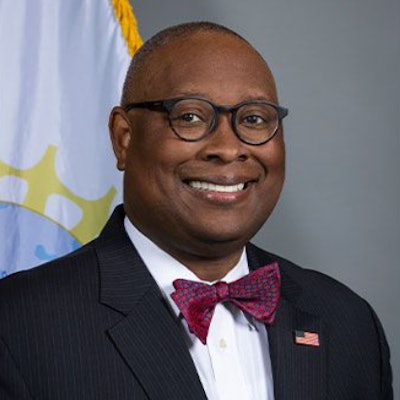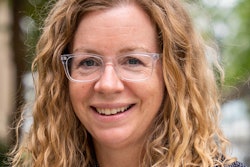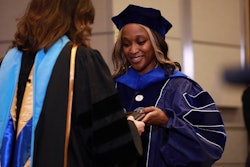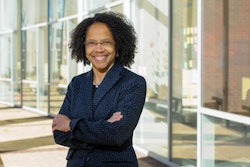Federal support, funding opportunities, and advice were the topics of discussion at a Virginia Union University (VUU) webinar about STEM research at Historically Black colleges and Universities (HBCUs). Dr. James L. Moore III
Dr. James L. Moore III
The webinar, “Federal Funding and HBCUs,” held on Wednesday, centered on the National Science Foundation’s (NSF) efforts to support STEM research and education at HBCUs. The event was hosted by VUU’s Center for the Study of Historically Black Colleges & Universities and moderated by the center’s director, Dr. Terrell L. Strayhorn.
Dr. James L. Moore III, assistant director of the NSF’s Directorate for STEM Education (EDU), explained the various efforts that NSF has taken to support STEM research in higher ed, including for HBCUs.
“Our agency is deeply committed to the inclusion of all people in STEM, which is vital to the nation's health, security, and prosperity,” said Moore, who is also a faculty member at The Ohio State University. “At the top levels of NSF, we're strongly focused on bringing into the fold our untapped, domestic talent, which will enable us to bring more women and persons of color and individuals with disabilities into the mainstream of our STEM ecosystem."
Recent data projects that nearly four million additional people will be needed in 2030 for the science and engineering workforce to be representative of the U.S. population, Moore added.
Moore listed numerous NSF scholarships and programs beneficial to HBCU research in fields including STEM, data science, and computing. Such programs include the Eddie Bernice Johnson INCLUDES Initiative, the Advanced Technological Education (ATE) program; and the HBCU Undergraduate Program (HBCU-UP), now in its 25th year.
“At Lincoln University, HBCU researchers are creating a sustainability curriculum around food studies and social media engagement,” Moore said. “At Tuskegee University, they're conducting integrated STEM research and makerspaces. And other HBCU researchers have developed incredible inventions like a smart cane for visually impaired users and drones that battle airborne pathogens.”
Dr. Narbe Kalantarians, an assistant professor of physics at VUU; and Dr. Helena Mariella-Walrond, professor of education at Bethune-Cookman University – both principal investigators (PIs) at HBCUs – also spoke about their respective research and funding opportunities from the NSF.
Mariella-Walrond described her current work as a PI for the Florida AGEP (Florida Alliance for Graduate Education in the Professoriate), an ongoing alliance of schools aiming to develop, implement, and study a model for increasing minority women faculty in STEM.
Meanwhile, Kalantarians advised researchers to find topics students are interested in.
“We got to meet the students with what their interests are,” Kalantarians said. “I can't go to students and say I'm doing nuclear cross-section analysis right away. It's very hard to sell that. Whereas, if there's a connection – like data analytics or medical physics – then they get excited and they want to work with us. When they're excited and you're excited, it's just pure magic.”
For those interested in applying for NSF support, Moore listed some available opportunities: the Science, Technology, Engineering and Mathematics Education Individual Postdoctoral Research Fellowships (STEMEdIPRF); the NSF Scholarships in Science, Technology, Engineering, and Mathematics Program (S-STEM); and the Graduate Research Fellowship Program.
He advised potential applicants to refine their research ideas enough to fit on one page, to reach out to those with funded projects for insight, and not to be shy about collaborating with others. Kalantarians added that interested individuals should volunteer to be a reviewer for proposals.
“You learn a lot when you look at other proposals,” Kalantarians said. “And they really appreciate it when you do that as well.”





















